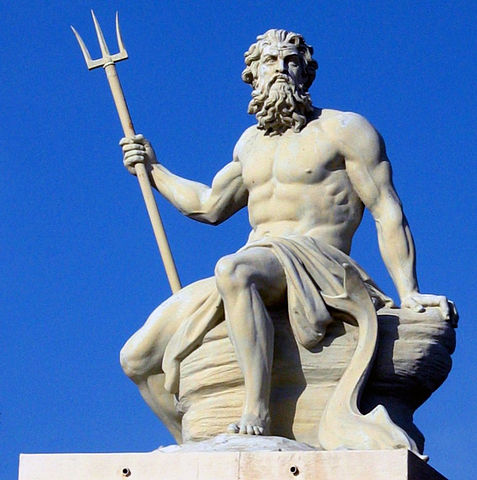Greek Gods vs Roman Gods
Greek and Roman Gods exhibit significant differences when it comes to mythological stories, fables, and other aspects. Many Roman religious practices were adopted from the Greeks, which means that Greek Gods greatly influenced Roman Gods. However, as Greek Gods entered Rome, the general attitudes of the Gods shifted to fit the Roman culture. This article will delve into both Greek and Roman Gods.
Who are Greek Gods?
Greek Gods were worshipped by the Greeks during the time of Greek civilization. Like the people of Greece during this civilization, Greek Gods were more peaceful and represented the Greek culture. Some popular Greek Gods include Hades, Hera, Hephaestus, Dionysus, Ares, Athena, Apollo, Aphrodite, Poseidon, Zeus, and Demeter. Each God was assigned a specific task, such as Zeus being the God of Sky and Wind and the leader of the Gods, making him very powerful and feared.
Who are Roman Gods?
Roman Gods were worshipped by the Romans during the Roman civilization. Romans were known for fighting and conquering other lands, so their depiction of gods was of immortal beings who were more inclined to fight than maintain a peaceful appearance. Roman Gods are the Roman counterparts of Greek Gods, with some slight differences. Some Roman Gods include Ceres (Demeter), Pluto (Hades), Mercury (Hermes), Mars (Ares), Diana (Artemis), Minerva (Athena), Neptune (Poseidon), Liber (Dionysus), Vesta (Hestia), Juno (Hera), and Jupiter (Zeus). These gods were given the same tasks as their Greek counterparts, but some may have extra tasks or qualities.
Key Takeaways
- Greek Gods were worshipped during Greek civilization and were more peaceful, while Roman Gods were worshipped during Roman civilization and were more warrior-like.
- Both Greek and Roman Gods were assigned specific tasks, but Roman Gods may have had extra tasks or qualities.
- Most Roman Gods have Greek counterparts with different names, but some Roman Gods, such as Bellona, do not have Greek equivalents.
